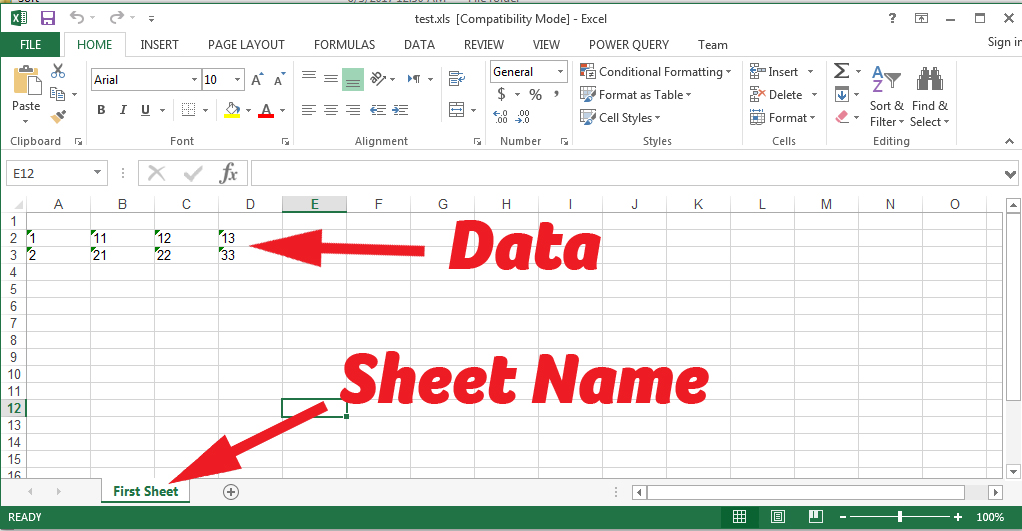7 Essential Documents to Keep and How Long

If you’re like many people, your home might be cluttered with stacks of papers and files, many of which you’re not quite sure what to do with. When it comes to documents, knowing which ones to keep and for how long can be a daunting task. From tax records to utility bills, and insurance policies, there are essential documents you should retain for financial security, legal protection, and peace of mind. Here's a comprehensive guide to help you manage your important paperwork effectively:
1. Tax Returns and Supporting Documents

Your tax returns are perhaps some of the most important financial records to keep. Here’s why and for how long:
- Federal and state tax returns should be kept for at least three years from the date you filed your original return or two years from the date you paid the tax, whichever is later.
- For investment property records, keep them for as long as you own the property plus 6 years after you sell or dispose of it.
- Keep records like receipts, bank statements, or cancelled checks related to your returns for 3 to 7 years, depending on your tax situation.
📋 Note: If you do not report income that you should report, the IRS can audit you within six years from when you filed. If you did not file, keep records indefinitely.
2. Bank Statements, Credit Card Statements, and Utility Bills

While these might seem like trivial records, they can be crucial for tracking spending, filing disputes, or as proof of payment:
- Keep bank statements and credit card statements for at least one year, unless they include tax-related expenses.
- Utility bills are necessary to keep for one year for records or in case of billing disputes.
If you need these records for tax purposes, keep them for the standard IRS recommendation of 3 to 7 years.
3. Home Purchase or Sale Documents

The documentation related to buying or selling your home has long-term importance:
- Purchase records, mortgage documents, and improvement receipts should be retained for as long as you own the home plus 6 years after you sell it.
These documents are critical not only for tax purposes but also for any future legal issues or when calculating capital gains tax.
4. Investment Records

Investment documentation is essential for proving your investments and gains/losses:
- Investment statements, trade confirmations, and dividend payments need to be kept for at least 3 years after you sell or dispose of the investment.
Retaining these records will help in accurately reporting income or losses, especially when tax time comes around.
5. Medical Bills and Insurance Policies

Health and insurance records are crucial for claims and tax deductions:
- Medical bills can be kept for one year if not related to a legal matter or tax deduction. If you claim them as a deduction, keep them for 3 to 7 years.
- Insurance policies should be retained for as long as they are active and for 3 to 6 years after they are canceled.
6. Pay Stubs

While most of us toss these away after a cursory glance, they can be useful:
- Keep pay stubs for one year or until you’ve received your W-2 for verification.
7. Birth Certificates and Other Vital Records

These documents are not just for legal identification but also for numerous life events:
- Birth certificates, marriage licenses, divorce decrees, and death certificates should be kept indefinitely.
This overview should help you navigate through the maze of paperwork that accumulates over time. Here are a few tips to manage your documents effectively:
- Create a systematic filing system that categorizes your documents for easy access.
- Digitize your documents when possible to save physical space and for backup.
- Regularly review and purge documents that are no longer needed to avoid clutter.
By understanding the duration for which you should keep various documents, you protect yourself financially and legally while decluttering your space. Remember, the goal is not just to comply with legal or financial obligations but also to manage your life's paperwork with efficiency and foresight.
Why is it important to keep documents organized?

+
Organizing documents ensures you can easily locate them when needed, particularly in emergencies or for legal and financial transactions. It also helps in reducing the stress of managing personal records and can prevent potential financial or legal penalties from missing or misplaced documents.
What is the best way to store important documents?

+
A combination of physical storage in a safe place (like a fireproof safe or lockbox) and digital backups can be ideal. Use strong, waterproof, fireproof boxes for originals and secure cloud storage or a secure external drive for digital copies.
How can one effectively digitize important documents?

+
Scan documents using a high-quality scanner or even a smartphone app designed for document scanning. Store digital copies in a secure, password-protected cloud service or on an external hard drive. Remember to back up this data regularly for added security.



